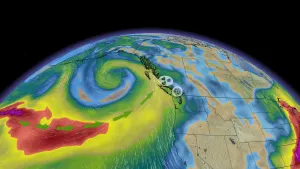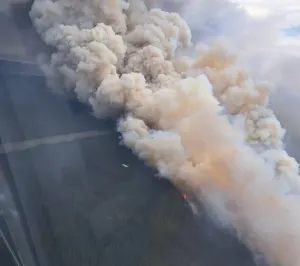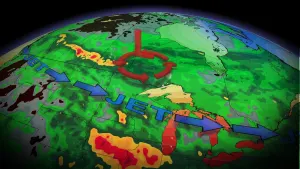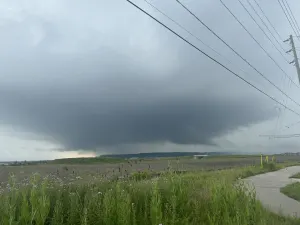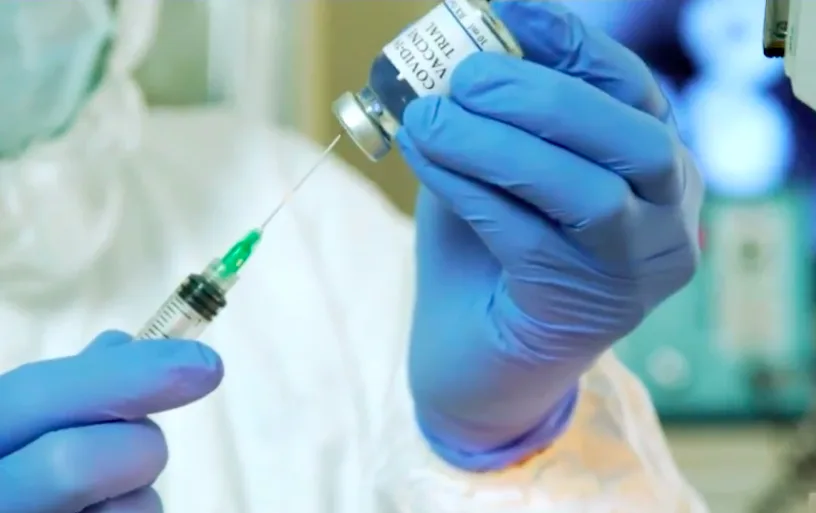
Viral Weather: What do mutations mean for the COVID-19 outbreak, and a vaccine?
Our panel of experts discuss what it means for a virus to mutate, and how that affects the search for a vaccine.
With the COVID-19 pandemic continuing for several months now, you may be wondering: Has the virus mutated since it first emerged in Wuhan, China?
The topic came up during The Weather Network’s latest episode of Viral Weather, a regular series featuring interviews with panels of experts on how the weather impacts the coronavirus, as well as other diseases, hosted by Chris St. Clair.
And, as for whether COVID-19 has mutated, Dr. Roderick Slavcev, associate professor at the University of Waterloo’s School of Pharmacy, confirms that it has, which is what -- health officials would expect when dealing with the virus.
“Even in, for instance, the United States, that same virus that would be in that epicentre may not be the same as you see in Wuhan,” Slavcev says.
Slavcev describes the mutation process as a kind of “selective pressure,” where the virus generates mutations at a certain rate, and if a particular mutation helps improve its propagation, it becomes more common.
“Which is … why it’s so important that we can generate a vaccine that is able to have that cross-reactivity, to protect against that genetic drift,” Slavcev says.
With the virus changing, will the vaccine have to change as well? Slavcev says that will depend on the type: there are different “branches” of humans’ immune response, some of which can be more cross-reactive than others.
“In a case like this, where we have a high-mutation rate for a potential virus, then you want a cross-reactive vaccine,” he says. “Something that has a strong cell-mediated response, and is able to properly present conserved areas, which don’t mutate readily between variations of the virus, and are being able to be protected over time.”







